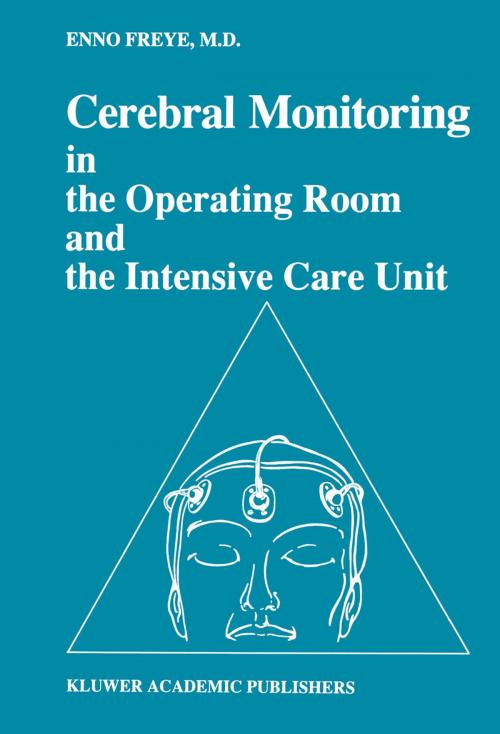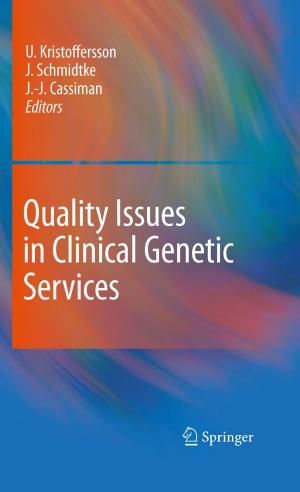Cerebral Monitoring in the Operating Room and the Intensive Care Unit
Nonfiction, Health & Well Being, Medical, Specialties, Critical Care, Anesthesiology| Author: | Enno Freye | ISBN: | 9789400918863 |
| Publisher: | Springer Netherlands | Publication: | December 6, 2012 |
| Imprint: | Springer | Language: | English |
| Author: | Enno Freye |
| ISBN: | 9789400918863 |
| Publisher: | Springer Netherlands |
| Publication: | December 6, 2012 |
| Imprint: | Springer |
| Language: | English |
In spite of today's increasing body of knowledge in regard to central nervous func tion and/or the mode of action of centrally active compounds, little is done to monitor those patients which are at risk of cerebral lesions either in the OR or in the ICU. Due to the inconsistency of reports regarding the application and the benefits computerized EEG and/or evoked potential monitoring will bring to the clinician, physicians still are reluctant to get involved with a technique, which they think, will have little or no effect on the outcome of a patients well being. However, due to the development in computer technology, data acquisition and comprehension, it now is possible to monitor such a viable organ as the Central Nervous System (CNS) on a routine base without being a specialist in neurology or electroencephalography. Thus, the book is intended to guide the clinician to use BEG and evoked potential monitoring in a day to day situation, without going too deep into technical details. As an improvement of cerebral care is needed, various representative cases underline the interpretation of EEG power spectra and evoked potential changes in regard to the underlying clinical situation. It is hoped that this book will serve as a guide to anyone who considers cerebral monitoring a necessity in today's patient care. This may be the anesthesiologist, the intensive care therapist, the nurse anesthetist as well as the medical personnel in the lCU setting.
In spite of today's increasing body of knowledge in regard to central nervous func tion and/or the mode of action of centrally active compounds, little is done to monitor those patients which are at risk of cerebral lesions either in the OR or in the ICU. Due to the inconsistency of reports regarding the application and the benefits computerized EEG and/or evoked potential monitoring will bring to the clinician, physicians still are reluctant to get involved with a technique, which they think, will have little or no effect on the outcome of a patients well being. However, due to the development in computer technology, data acquisition and comprehension, it now is possible to monitor such a viable organ as the Central Nervous System (CNS) on a routine base without being a specialist in neurology or electroencephalography. Thus, the book is intended to guide the clinician to use BEG and evoked potential monitoring in a day to day situation, without going too deep into technical details. As an improvement of cerebral care is needed, various representative cases underline the interpretation of EEG power spectra and evoked potential changes in regard to the underlying clinical situation. It is hoped that this book will serve as a guide to anyone who considers cerebral monitoring a necessity in today's patient care. This may be the anesthesiologist, the intensive care therapist, the nurse anesthetist as well as the medical personnel in the lCU setting.















